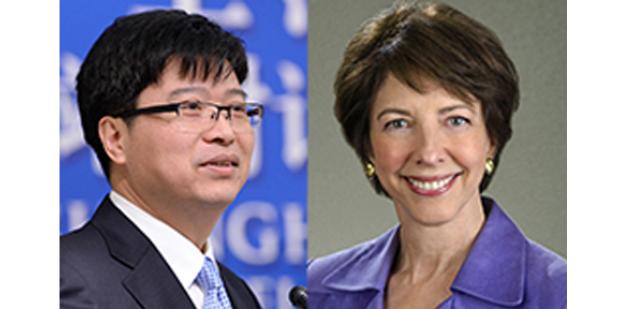Happy Lunar New Year from the USC US-China Institute!
China's New Agenda: National Governance and Development
The Fudan-UC Center on Contemporary China and the 21st Century China Program present: China's New Agenda: National Governance and Development, featuring a dialogue between two of the most observant and experienced observers of Chinese politics, Susan Shirk and Lin Shangli.
Where

Featured Articles
We note the passing of many prominent individuals who played some role in U.S.-China affairs, whether in politics, economics or in helping people in one place understand the other.
Events
Ying Zhu looks at new developments for Chinese and global streaming services.
David Zweig examines China's talent recruitment efforts, particularly towards those scientists and engineers who left China for further study. U.S. universities, labs and companies have long brought in talent from China. Are such people still welcome?






